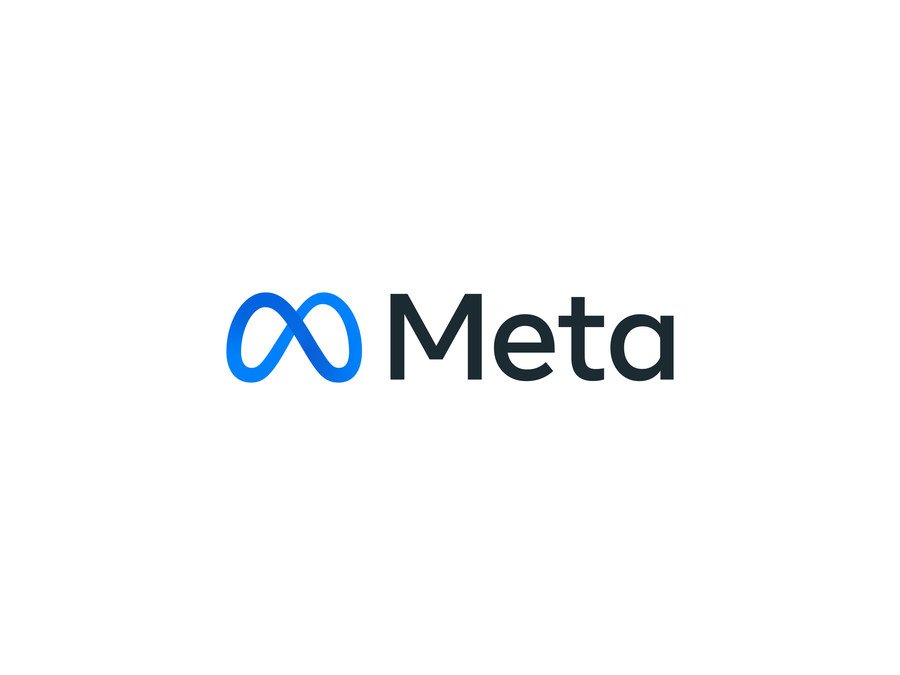Meta has announced a major step in its AI development strategy: it will begin training its AI models using publicly shared content from adult users in the European Union. This includes public posts, comments, and even user interactions with Meta AI across platforms like Facebook, Instagram, Messenger, and WhatsApp.
The company frames this move as essential for building AI tools that reflect Europe’s linguistic diversity, cultural nuances, and regional sensibilities. But the announcement has also reignited broader debates around data privacy, consent, and the ethics of using personal content to train generative AI systems.
What Data Meta Will (and Won’t) Use
According to Meta, the data used will be limited to public content shared by adults. The company has stated it will not use:
- Private messages between users
- Any content from users under 18
- Non-public posts or restricted profile data
Users in the EU are being notified via in-app messages and email about how their data may be used, along with access to an easy-to-use opt-out form.
Meta’s Justification: “AI Built for Europe”
Meta argues that AI tools should be tailored to local contexts—not just made available globally. That means understanding how people in different European regions use humor, dialect, sarcasm, and cultural references. By analyzing public user data from across the EU, Meta says it can fine-tune its models for greater relevance, usefulness, and responsiveness.
This comes after Meta rolled out AI assistant features across its European apps, and the company says localized training is the natural next step.
A Common Practice, but a Controversial One
Meta emphasizes that it isn’t alone in this approach—pointing to Google and OpenAI as examples of companies that also train their models using user data from Europe. Meta claims its strategy is actually more transparent than those of its competitors, citing prior consultation with EU regulators and a green light from the European Data Protection Board (EDPB).
Still, many observers remain unconvinced.
Key Concerns: Consent, Bias, and Ownership
The move has raised serious questions in several areas:
- Informed Consent: Critics argue that relying on opt-out notifications—rather than a clear opt-in process—can lead to uninformed participation. Many users may ignore or misunderstand the alert, resulting in their content being used by default.
- Privacy and Expectations: Even if data is public, users may not have anticipated it would be harvested for training commercial AI models. A post shared with a public audience doesn’t automatically imply permission for large-scale algorithmic analysis.
- Bias Amplification: Social media content can reflect and even amplify societal biases. Training on such data without rigorous safeguards may embed these biases into the resulting AI systems.
- Copyright and Originality: Public posts often contain original user-generated content—photos, stories, commentary, etc. If AI systems are trained on this data and begin producing similar outputs, who owns the results? The legal boundaries remain murky and are already the subject of ongoing lawsuits worldwide.
- Transparency in Practice: While Meta touts its openness, it remains unclear how specific pieces of data influence AI behaviors, and what guardrails are in place to prevent misuse or harm.
What This Means Going Forward
This move underscores just how valuable user-generated content has become in the race to train competitive AI systems. As more tech giants pursue similar strategies, tensions around privacy, data ethics, and user control are likely to intensify—especially in regions like the EU, where digital rights are taken seriously.
Meta’s approach may be a preview of what’s to come globally, as the AI arms race collides with regulatory pressure and growing public scrutiny. The balance between innovation and individual rights is more fragile than ever.
Source: https://www.artificialintelligence-news.com/news/meta-will-train-ai-models-using-eu-user-data/






